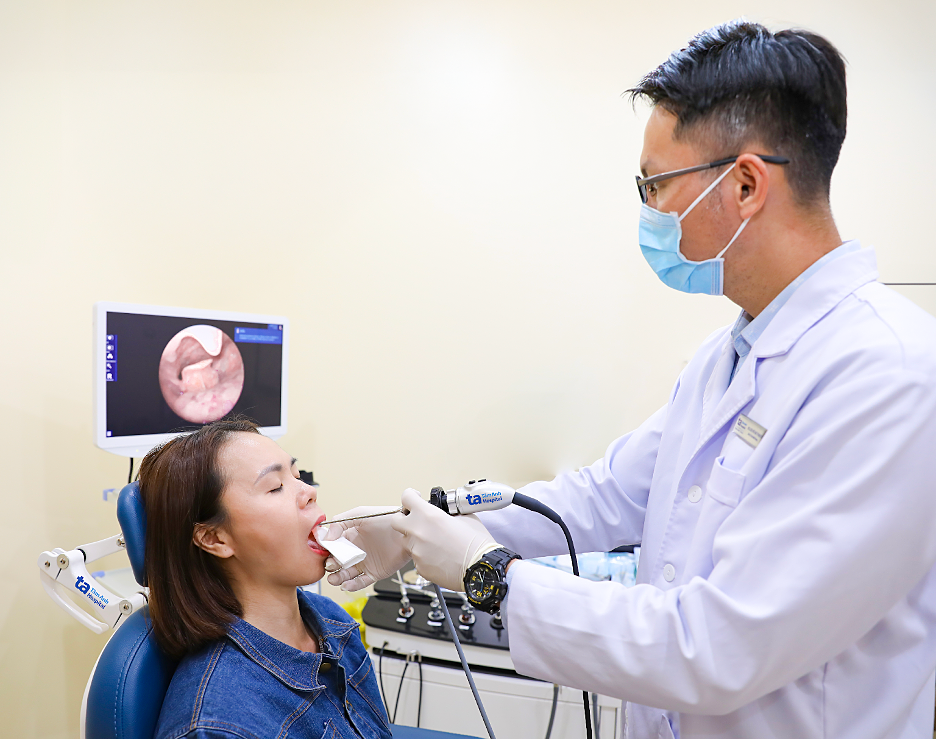Answer:
Tongue ulcers are white or yellow sores with a red border that appear on the tongue's lining, causing pain and discomfort. Benign ulcers often result from various causes, such as fungal infections, injuries, or canker sores. These benign ulcers typically have defined, soft, red edges and cause pain when eating, drinking, or talking. They usually respond to treatment or heal independently within a few days to two weeks.
The Candida fungus, present in the mouth, food, and air, can cause tongue thrush. Normally harmless, this fungus can proliferate and cause inflammation and ulcers due to factors like weakened immunity, an imbalance in the lining's pH, or poor oral hygiene. Early symptoms of tongue thrush often include a burning sensation, followed by white patches on the tongue, pain when eating or drinking, dry mouth, red and white mucous membranes prone to bleeding, slightly foul breath, and a dry mouth.
Ulcers from malignant lesions (cancer) are usually raised, with irregular borders, firm surrounding tissue, and a deep, hard base. They don't heal even with medical treatment and often persist for over two weeks. Accompanying symptoms include unexplained weight loss, palpable neck lymph nodes, and difficulty speaking or swallowing.
 |
Doctor Thach performs an endoscopy on a patient. Photo illustration: Tam Anh General Clinic, District 7 |
Doctor Thach performs an endoscopy on a patient. Photo illustration: Tam Anh General Clinic, District 7
Risk factors for tongue cancer include smoking, excessive alcohol consumption, a family history of oral or throat cancer, and men being twice as likely to develop the disease as women. To differentiate between tongue thrush and tongue cancer, doctors typically conduct a physical exam, take a medical history, assess the ulcer, and may order a biopsy if the ulcer doesn't respond to treatment after two weeks or recurs persistently. The biopsy results provide a definitive diagnosis, guiding the optimal treatment plan.
If a tongue ulcer persists for over two weeks without healing, accompanied by unusual signs like hardened edges, increasing pain, or swollen lymph nodes in the neck, you should consult an ENT specialist for prompt diagnosis and treatment. Early detection is crucial for effective treatment, especially for cancerous ulcers.
Dr. Vo Ba Thach
Otolaryngology Department
Tam Anh General Clinic, District 7
| Readers can submit questions about ear, nose, and throat conditions here for doctor's answers. |












